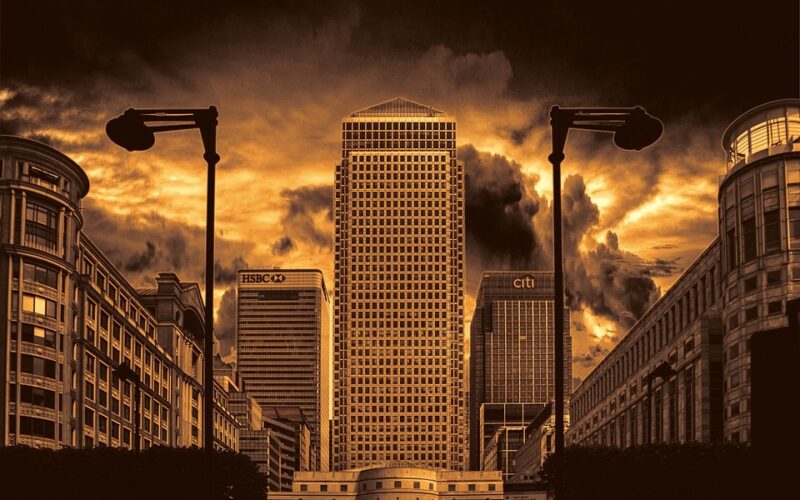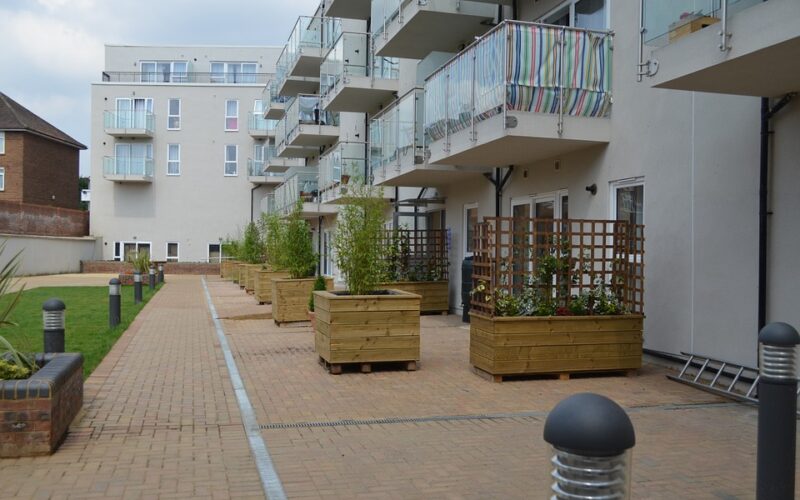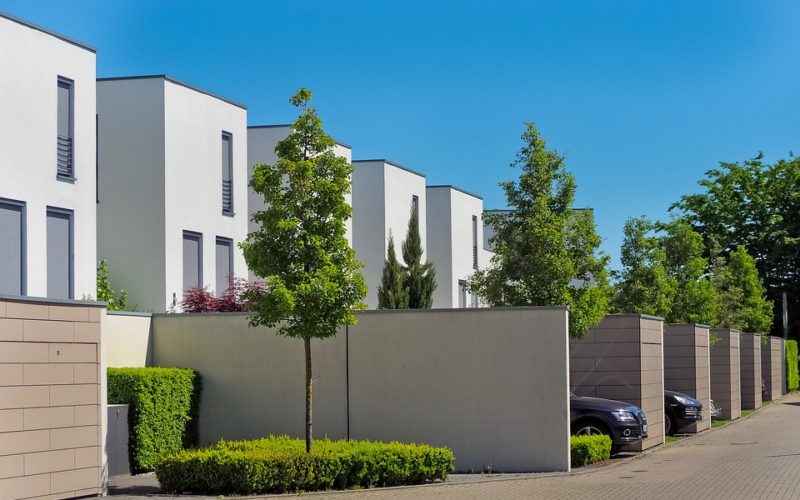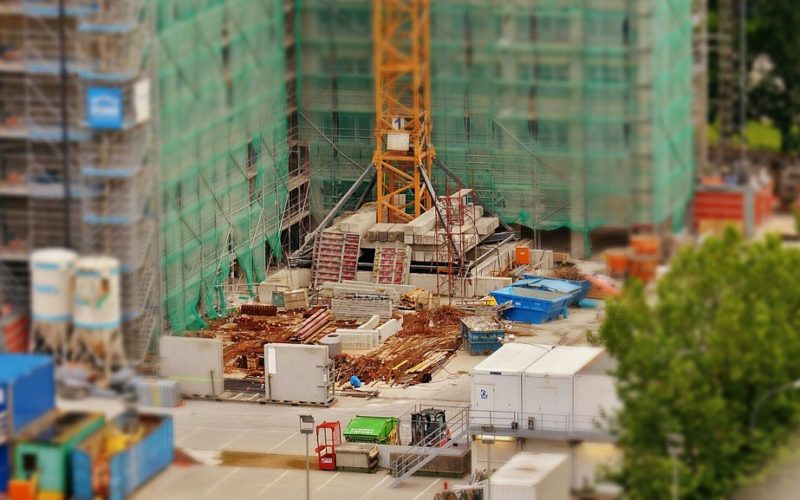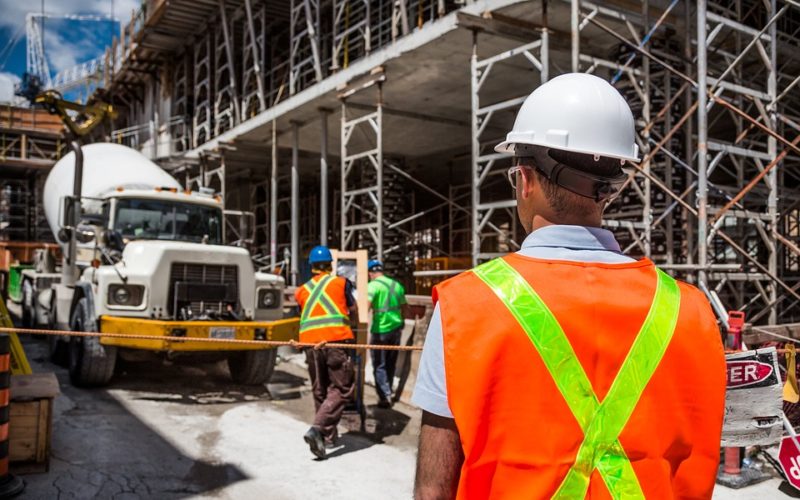Few modern cities have commercial buildings that span acres on the ground, so it would seem each skyscraper is competing for the label of the tallest. It might appear to those without specific knowledge of the economics of city life that it is more about a contest of height and power than economics. Buildings reaching for the sky are often seen as monuments, but the truth is they are built taller to save money. Each tiny bit of space on the ground represents money spent, so building up is the most economical way to get value
Few companies in large cities have the means to buy or build their own offices, so renting or owning only a floor or two in a particular building is standard. Companies pay the owner of the building rent if they lease space, and they will need to pay maintenance fees whether they rent or own. Companies might not like to see that much cash go out the window, but many of them would be unable to remain within the business district of a particular city if they choose to own a building. It would seem a boon for landlords and owners, but their entire goal is creating enough marketable space to pay their own bills.
Whether floor space is measured by the inch or the centimetre, every bit of it comes with a price tag that can be quite high. A good building is close to amenities, and it will have features that make it easy for companies to receive the goods they need. That is often less of a factor now that electronics have taken over most businesses, but perfectly designed delivery areas are still important for companies receiving goods for further development before distribution.
A large part of the expense of rent or ownership is involved in taxes, and it is due to the cost of maintaining the city around the building. Property taxes are generally determined by the local governing agency in charge of collecting them, and their purpose is to underwrite the maintenance of the city in general. They can be lower in some outlying districts, but even those have gone up greatly in recent years.
